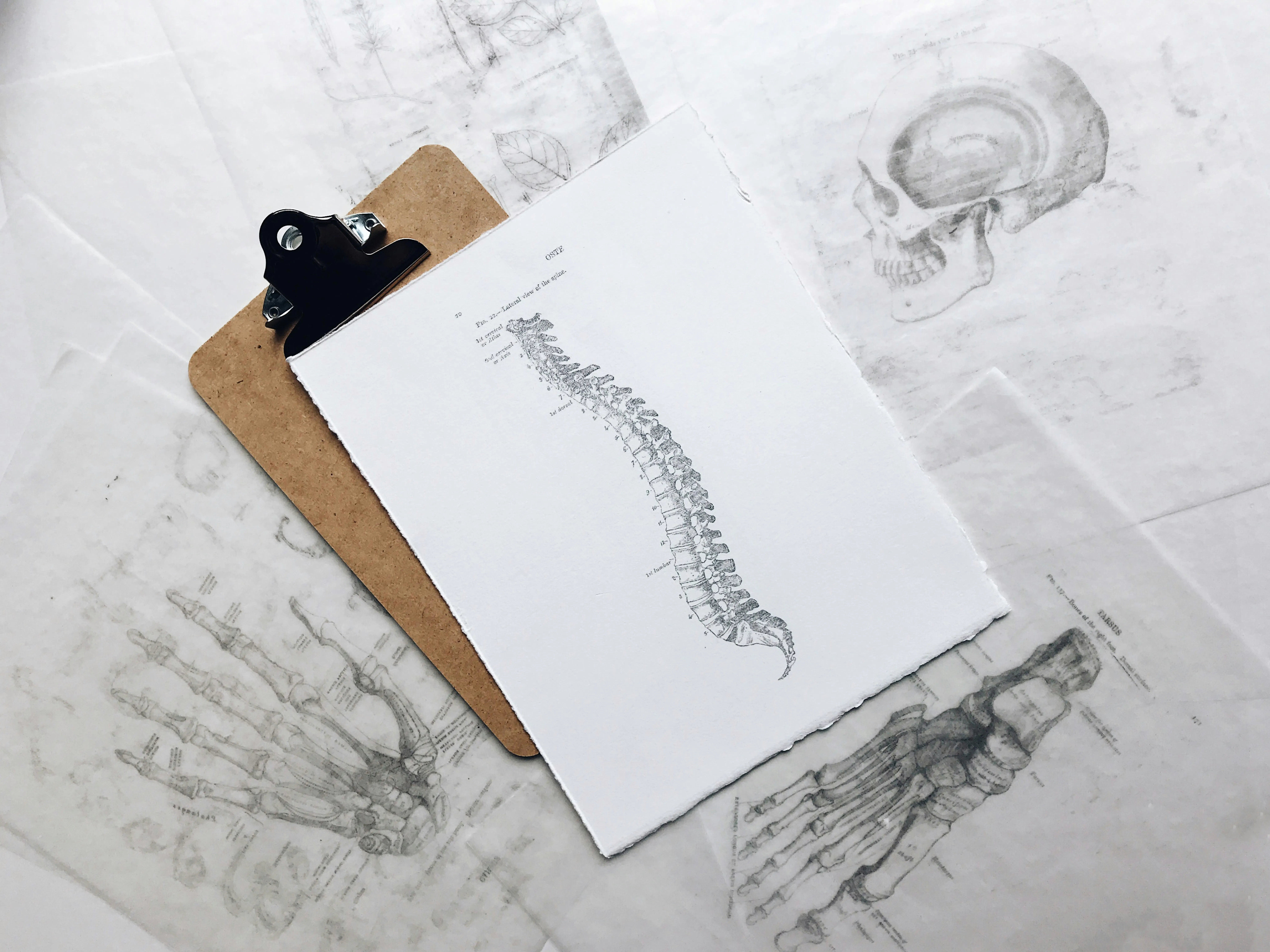
Reading Time
4
Published
Apr 4, 2024
Navigating Emotional Challenges: A Supportive Guide for Scoliosis Patients
Living with scoliosis is not just a physical journey; it's an emotional one too. The twists and turns of the spine can often parallel the emotional ups and downs that individuals and their families experience. It can be especially difficult to navigate when you don’t know where to start. This post aims to shed light on the emotional aspects of scoliosis and offer a supportive guide for patients and their loved ones.
Written By
Momentum Health
The emotional impact of scoliosis is a terrain that can be challenging to navigate. From the initial diagnosis to the ongoing management, individuals may experience a range of emotions – fear, frustration, self-consciousness, and even anxiety about the future. Acknowledging these feelings is the first step towards managing these chaotic feelings.
How to cope with a scoliosis diagnosis
There are many different coping strategies for individuals who are diagnosed or who are managing scoliosis. Whether you are in a brace or pre/post-operative, coping Strategies can help you understand your feelings and manage the stress and fear surrounding your curved spine. Some coping strategies include:
Education and Awareness: Knowledge is empowering. Understanding scoliosis, its treatment options, and the experiences of others can help demystify the condition for yourself. It can also help feel less confused when physicians talk to you about scoliosis during your appointments and can help you ask the right questions.
Open Communication: Encouraging open conversations with healthcare providers, family, and friends fosters a supportive environment. Do not fear asking any questions you may have to your physicians, they can help you feel at ease about the situation you are in. Sharing concerns and fears can alleviate the emotional burden.
Mindfulness and Relaxation Techniques: Incorporating mindfulness practices, such as deep breathing or meditation, can help manage stress and improve mental well-being. Yoga is also an excellent way to improve your breathing techniques and help you stay active. Please ensure this is approved by your physician to avoid any injuries to your spine.
Joining Support Groups: Connecting with others who are on a similar journey can provide a sense of community and understanding. With the rise of social media in the last decade, many individuals are sharing their journey through social media or online platforms. Forums are also a great way to connect with other individuals who have scoliosis. If you are a minor, please ensure communications are done safely, under the supervision of an adult.
How to support someone who has scoliosis
Although individuals with scoliosis have a huge emotional burden, so do their families. It can be stressful not to be able to understand or help your loved ones, and can induce severe anxiety and can negatively impact your mental health. Coping Strategies for families include:
Educational Involvement: Family members can actively participate in learning about scoliosis. Understanding the condition equips them to provide informed support to their loved ones and can help through difficult discussions.
Emotional Availability: Offering a listening ear and being emotionally available is crucial. Simple gestures of empathy and understanding go a long way.
Encouraging Independence: Empower individuals with scoliosis to take charge of their health journey. Encourage independence in managing aspects of their treatment plan, all while providing support.
Professional Counseling: Consider seeking professional counseling or therapy for both individuals and families. A mental health professional can provide valuable strategies to cope with emotional challenges.
Importance of Mental Well-being: Prioritizing mental well-being is crucial, no matter the situation. Emotional well-being directly influences physical health and vice versa. Individuals with scoliosis often find that a positive mindset can impact their ability to face challenges and adhere to their treatment plans.
Online resources to help
Like mentioned earlier, the rise of social media provides accessible individuals sharing their own personal journey with scoliosis. Real-life stories can be a source of inspiration and comfort. Sharing testimonials from individuals who have successfully navigated the emotional challenges of scoliosis can provide a sense of hope. Knowing that others have faced similar struggles and emerged stronger can be a beacon for those currently grappling with their emotions.
Here are a few individuals/communities you can find on instagram, who have been sharing their personal journeys with scoliosis management:
How Momentum Spine can help
Momentum Spine understands the emotional burden a scoliosis diagnostic can have on patients and their loved ones. Resources and information about scoliosis is available at all times through the mobile application and can help gain knowledge on the diagnosis. We also included definitions of the measurements included in the analysis to help you understand the results we give you. Finally, due to the spaced out nature of appointments, Momentum Spine provides peace of mind between your appointments, making sure the curvature of the spine isn’t progressing rapidly.
While scoliosis poses physical challenges, addressing the emotional aspects is equally important. By fostering understanding, providing coping strategies, and sharing personal stories, we hope to create a supportive guide for individuals and families navigating the emotional terrain of scoliosis. Remember, you're not alone on this journey, and there is strength in both seeking and offering support.
Contact us to see how Momentum Spine can help you manage your scoliosis!
Other
More articles you may find interesting


